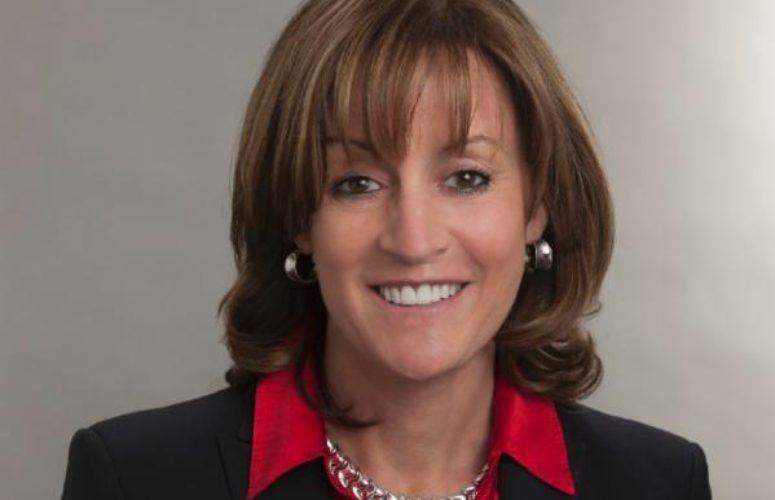
BioNJ is Taking an In-Depth Look at Diversity, Equity and Inclusion
By Jim Pytell, Managing Editor On Mar 24, 2021Diversity, equity and inclusion are at the forefront of discourse in society today. As such, many business leaders are examining ways to foster an inclusive culture at their own companies, and lead by example by creating a diverse environment where everyone feels welcome.
Today marked the first day of BioNJ’s two-day Diversity, Equity & Inclusion Conference, in which 44 speakers over 13 sessions will discuss ways to spark tangible change when it comes to topics such as implicit bias and diverse inclusion within culture, one’s self, talent and business.
“Some of the change that we all want to see taking place is actually already underway,” said Will Lewis, chair and CEO of Insmed and chair of BioNJ, during the conference’s opening panel this morning. “This is not a theoretical discussion about a distant day when this will all begin. We all recognize that more must be done, but we are now starting from a place where there is momentum.”
Lewis added that he feels the bio-pharmaceutical and device industry is well suited to advance the cause of diversity, equity and inclusion. “We are a mission driven industry, we require excellence to ensure that what we do meet the high standards for the benefit of patients with serious and often life threatening conditions,” he said. “These aspects of our industry position us to take on the challenges of this topic.
“BioNJ’s vision is to have diversity, equity and inclusion immersed not only in healthcare but in all aspects of our lives. Through this conference, we hope to inspire the community by sharing case studies, vignettes, workshops and tools to effect change.”
What Does Change Look Like?
Glenn Singleton, president and founder of Pacific Educational Group and Courageous Conversations, said that in order to have real change in society when it comes to the issues of diversity, equity and inclusion, the dynamics of race must be better understood.
“Far too many organizations feel that they can step into diversity, equity and inclusion without confronting the centerpiece of race,” Singleton said. “Race is the third rail of our society. Without understanding race, we don’t get to any deeper part of the understanding of human diversity. We get to this point where we begin to talk about the obvious, and then we retreat.”
He added that change is something that becomes part of culture and – as such – there is no quick fix.
“This is something that we have to act on until it becomes natural for us, and I do not know when that is,” Singleton continued, adding that nonclosure in conversations is important. “We leave these conversations open, we don’t try to solve them or tie them up in a bow, but instead we try to progress it and advance it.”
A Business Imperative
“It has become very clear over the past 10 years or so that diversity, equity and inclusion is indeed a business imperative and a competitive advantage,” said Michele Meyer-Shipp, chief people and culture officer of Major League Baseball. “Diverse teams drive better innovations and better outcomes, and that drives the business. Of course it is the right thing to do, of course it is the nice thing to do, but if you want to grow your business you want diverse teams.”
“We can do good while we do well,” Singleton added.
Meyer-Shipp said that organizational decision making also benefits from such diversity.
“Having diverse teams means that the conversation to get to an end decision may be more difficult and may take longer to reach consensus because you are going to have different points of view, but those different points of view always get you to a better outcome,” she explained.
From an employee perspective, she said that engagement increases, retention gets enhanced, and turnover lowers when an environment creates a sense of comfort and belonging for everyone in the organization.
“The goal is to recognize that we are all human,” said Jerry Kang, professor of law and vice chancellor for equity, diversity and inclusion at UCLA.
When talking about implicit bias, Kang said, “We have different junk, but we have junk in our heads. The one thing that I do care about is what you are willing to do about it. I encourage you to focus on the policies, procedures and practices that might lead you to actually be more of what you claim to be – for your institution to be more of what it claims to be: fair and square.”
BioNJ’s Diversity Equity & Inclusion Conference continues tomorrow March 25.
To access more business news, visit NJB News Now.
Related Articles:





